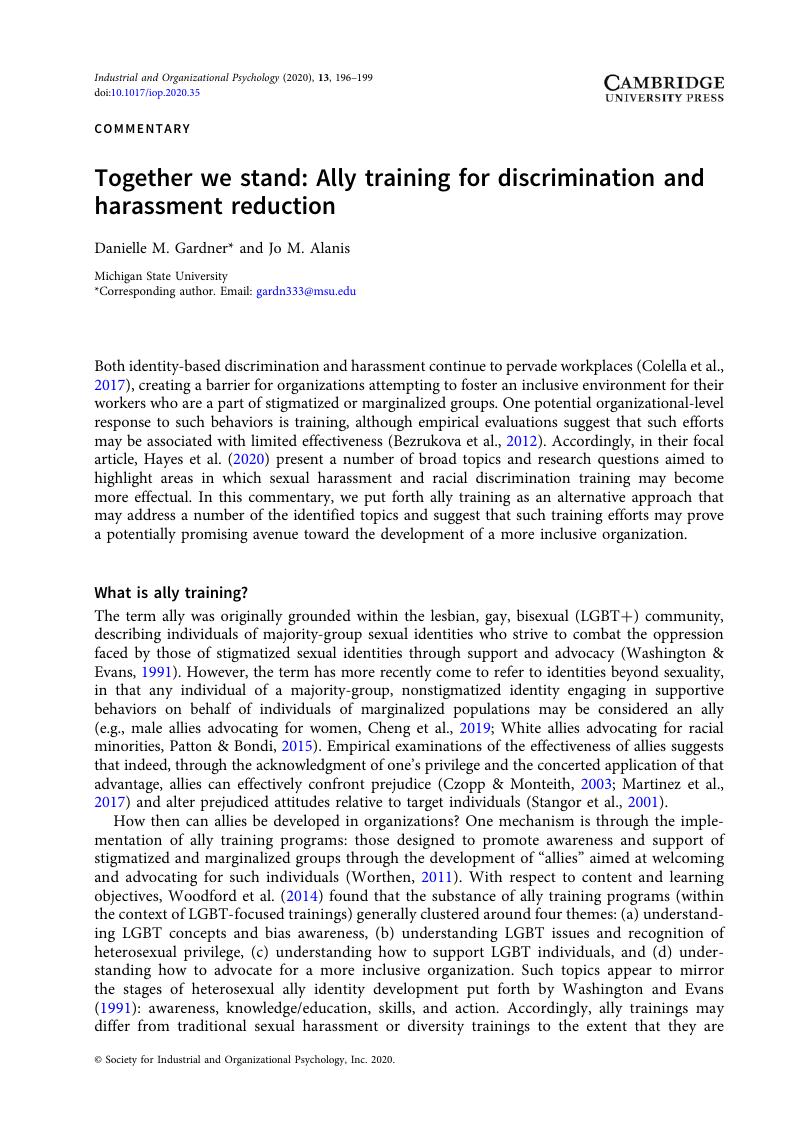Crossref Citations
This article has been cited by the following publications. This list is generated based on data provided by Crossref.
Gimenez-Zapiola, Malena
Pascuzzi, Bailey
Bathla, Shivani
Pollard, Tarryn
Schanding, G. Thomas
and
Bistricky, Steven L.
2023.
Sexual Orientation, Mental Health Characteristics, and Self-Care in Professional Psychology Training and Employment.
Journal of Bisexuality,
Vol. 23,
Issue. 4,
p.
419.



